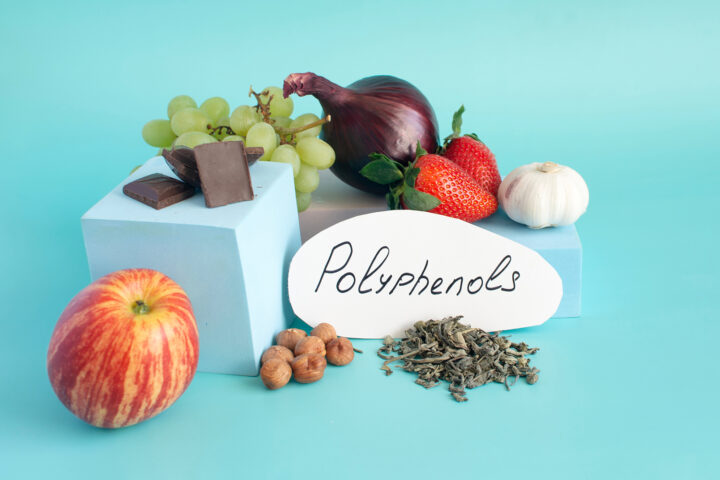Zinc is an essential trace mineral vital for numerous biological functions in the body. It plays a crucial role in immune function, protein synthesis, wound healing, DNA synthesis, and cell division. Here’s a detailed look into zinc supplementation, its benefits, sources, recommended dosages, and potential risks.
The Importance of Zinc
Zinc is integral to maintaining a robust immune system. It helps activate T-lymphocytes (T-cells), which control and regulate immune responses and attack infected or cancerous cells. A deficiency in zinc can lead to a weakened immune response, making the body more susceptible to infections and diseases.
Benefits of Zinc Supplementation
- Immune Support: Zinc is well-known for its role in supporting the immune system. It can help reduce the duration and severity of colds and other respiratory infections.
- Wound Healing: Zinc is vital for skin health. It plays a key role in collagen synthesis, inflammatory response, and cell proliferation, all of which are necessary for proper wound healing.
- Growth and Development: Zinc is crucial during periods of rapid growth, such as childhood, adolescence, and pregnancy. It supports cell growth and differentiation.
- Sense of Taste and Smell: Zinc is essential for maintaining a healthy sense of taste and smell. A deficiency can impair these senses.
Sources of Zinc
Zinc can be obtained from a variety of dietary sources:
- Animal Sources: Red meat, poultry, and seafood, particularly oysters, are rich in zinc.
- Plant Sources: Beans, nuts, whole grains, and dairy products contain zinc. However, the bioavailability from these sources is lower compared to animal sources due to the presence of phytates, which inhibit zinc absorption.
Recommended Dosages
The Recommended Dietary Allowance (RDA) for zinc varies by age, sex, and life stage:
- Adult Men: 11 mg/day
- Adult Women: 8 mg/day
- Pregnant Women: 11-12 mg/day
- Breastfeeding Women: 12-13 mg/day
Children and adolescents have lower RDAs that increase with age.
Zinc Deficiency
Zinc deficiency can lead to a variety of health issues, including:
- Weakened Immune Function: Increased susceptibility to infections.
- Delayed Growth: Particularly in children, zinc deficiency can result in stunted growth and development.
- Hair Loss: A common symptom of zinc deficiency.
- Loss of Appetite: Zinc is essential for maintaining a healthy sense of taste and smell, and its deficiency can lead to anorexia.
- Skin Lesions: Poor wound healing and other skin issues.
Populations at risk of zinc deficiency include vegetarians, pregnant and breastfeeding women, infants, and those with gastrointestinal diseases.
Choosing a Zinc Supplement
When choosing a zinc supplement, it’s essential to consider the form of zinc, as different forms have varying levels of bioavailability. Common forms include zinc gluconate, zinc sulfate, and zinc acetate. It’s also wise to check for additional ingredients and opt for a supplement that meets dietary needs without exceeding the UL.
Zinc supplementation can provide significant health benefits, particularly for immune support, wound healing, and growth. However, it’s crucial to adhere to recommended dosages to avoid potential risks associated with excessive intake. Incorporating zinc-rich foods into your diet and choosing the right supplement can help ensure adequate zinc levels for optimal health. As always, consult with a healthcare provider before starting any new supplement regimen.












